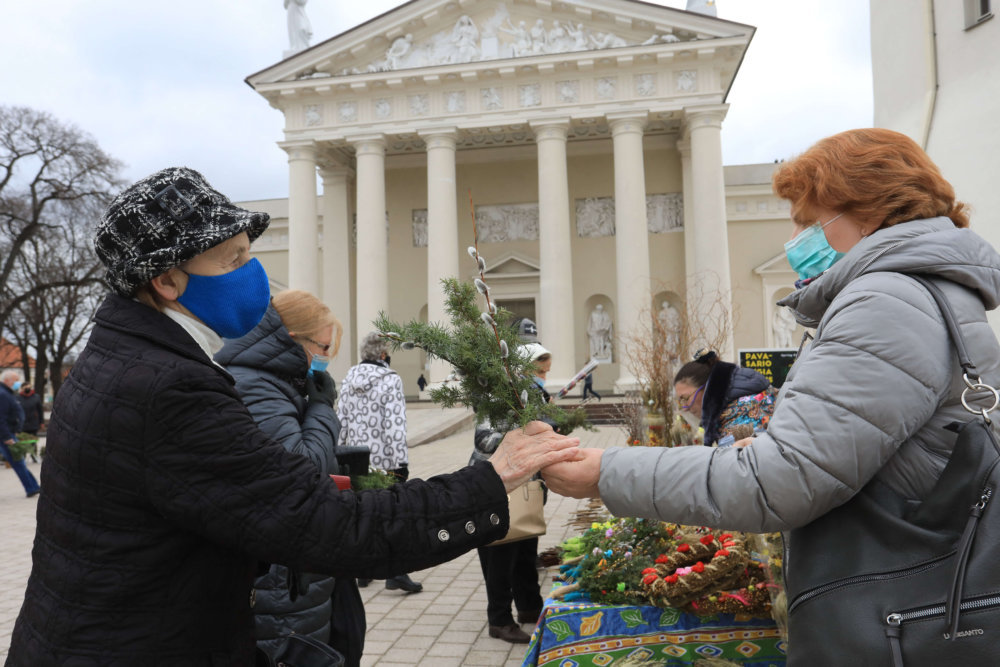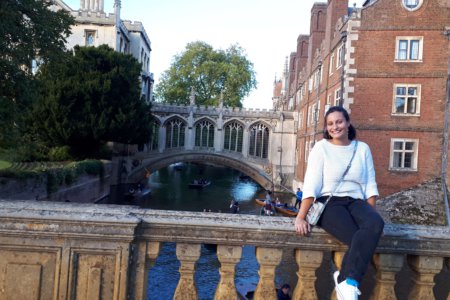
Studying in Lithuania can be a European adventure of a lifetime. This Baltic country is home to renowned universities such as Vilnius University as well as up-and-coming ones like Klaipėda University, painting a positive picture for its potential as a study abroad destination. So if you’re shortlisting higher education destinations, here are five factors that will make you consider studying in Lithuania.
Cost-efficient fees and benefits
Vilnius, the capital of Lithuania, is a UNESCO World Heritage Site known for its diverse culture and baroque architecture. It is attractive to visitors for many reasons: a peaceful, relaxed atmosphere and low cost of living being among them. According to the Mercer Cost of Living Index 2015, Vilnius is one of the five least expensive EU cities for expatriates to live in.
Studying in Lithuania can therefore be more affordable compared to major European hubs. On top of that, Lithuanian state scholarships are open to international students too. You also stand to benefit from the Lithuanian Student Identity Card (LSP), International Student Identity Card (ISIC), and Erasmus Student Network (ESN) card.

A woman wearing a face mask buys decorated juniper twigs and palms before a Palm Sunday mass outside the church of St Peter and St Paul in Vilnius, Lithuania, on March 28, 2021, amid the novel coronavirus / COVID-19 pandemic. Source: Petras Malukas/AFP
High quality of life
What’s great is that the low costs translate to a comfortable standard of living in Lithuania. It’s easy to get around as public transportation is inexpensive and widely available. There are numerous leisure and sports activities, as well as accessible public parks and amenities.
If you’re environmentally conscious, you’ll be glad to know that Lithuania ranks first on the Green City Index in the Central and Eastern Europe region. The country is famed for its clear lakes and verdant pine forests, but also for developing a wide range of green products. On top of that, you will be able to keep safe and healthy thanks to world-class health infrastructure and expertise.
Easy to obtain and maintain visa
Prospective international students will be excited to know that 98.7% of Schengen Visa applications to Lithuania were accepted in 2018. Since it receives fewer applications than neighbouring countries like Germany and France, waiting times are shorter and results are often more favourable to the applicant. Additionally, international students are allowed to work up to 20 hours a week to sustain themselves.

Fruit trees are decorated with thousands of Easter eggs on Good Friday, April 2, 2021. Source: Petras Malukas/AFP
Exciting culture and celebrations
Since Lithuanians are a diverse population, they celebrate several international festivals, including Easter when they decorate eggs in the traditional Margučiai style. The cities embrace the culture of the immigrants who have made a life there over the years, which extends to cuisine, too. Think “cepelinai” (stuffed potato dumplings), “šakotis” (traditional spit cake) or beetroot soup — you will find these and more new, exciting food in abundance.
Travel around Europe while studying in Lithuania
Given its location, studying in Lithuania can be your gateway to the rest of Europe. Lithuania is bordered by Latvia, Belarus, and Poland, and isn’t too far away from Germany and Denmark. You can find flights to major European destinations at the Vilnius and Kaunas airports, or take advantage of the well-connected railway network. This way, you can get pop over to Paris one weekend and Amsterdam the next.










